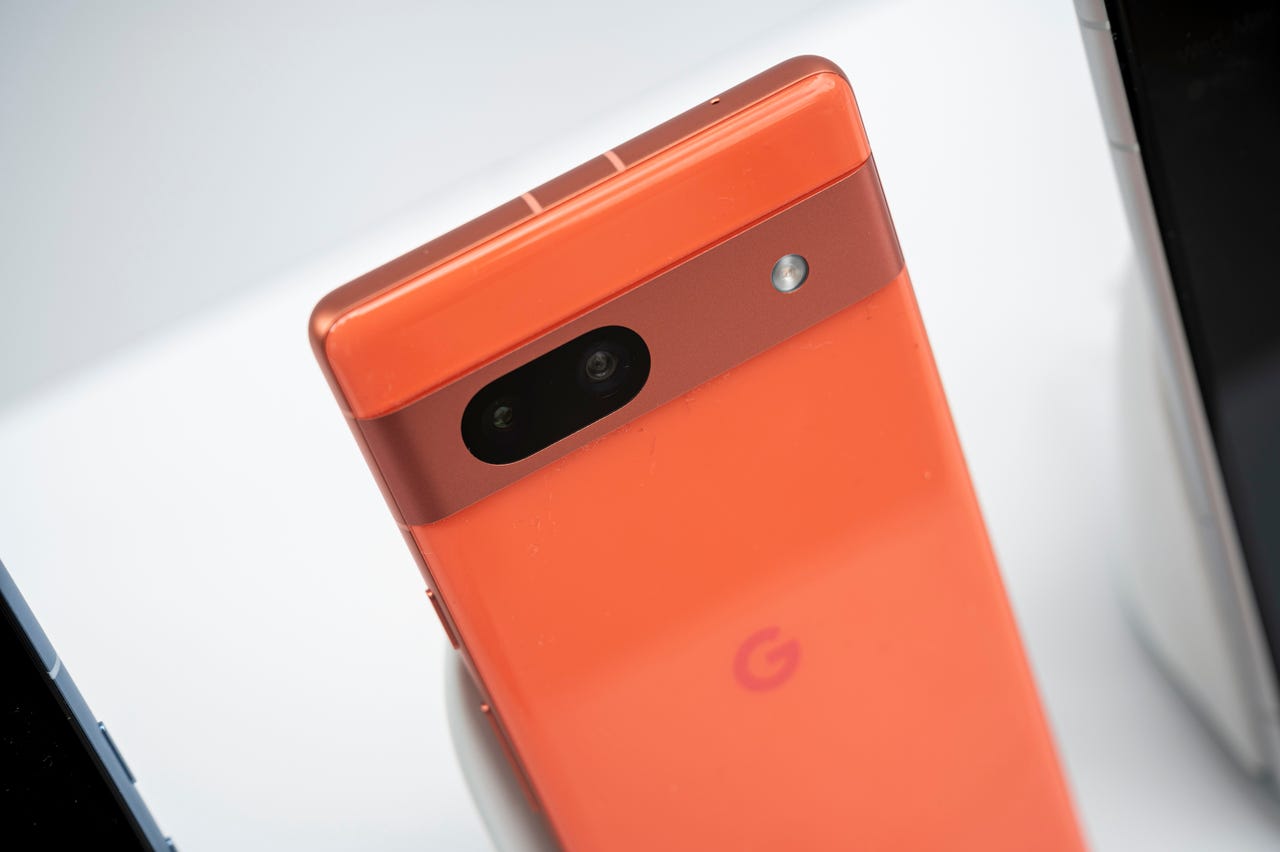































 Photographer: David Paul Morris/Bloomberg via Getty Images
Photographer: David Paul Morris/Bloomberg via Getty Images Nearly a decade has passed since smartphones almost pulled off something very special. Back then, there was a particular buzzword that held pundits' and journalists' rapt attention at the idea that the PC industry was about to be turned on its head.
Review: Google Pixel Fold: Samsung's first big competitor comes out swinging
That buzzword was convergence and it promised to do something that would forever change the industry.
This charge was led by Canonical and Ubuntu but, sadly, failed because, well, Canonical couldn't secure a top-tier phone manufacturer to create a device powerful enough to pull it off. The idea of convergence was also picked up by Samsung with DeX (which, sadly, also failed to come to fruition). Other companies attempted convergence, such as Motorola's ATRIX and Microsoft's Continuum. Unfortunately, every effort to achieve convergence eventually went dark.
What was convergence?
Simply put, the idea behind convergence was to enable users to attach their phones to a dock that was connected to a monitor, keyboard, and mouse. Once docked, the mobile operating system would detect the connection and switch to a special "desktop mode" where the phone would serve as a desktop computer.
Also: The best Google Pixel phones
I saw demos of this technology and it was brilliant.
Think about it: The phone you carry in your pocket is as powerful as a low-to-mid-range PC or laptop. With all of that power, why restrict the device only to phone mode?
The demo Canonical put forth was truly innovative and would have had massive implications for consumers. You'd only need one device. Even better, you dock your phone to any desktop with the proper hardware, and, wham!, your computer is ready to go. Even better, the "desktop" mode UI was designed such that it was simple to use, reliable, and effective.
Of course, the problem was that it threatened the PC industry. What if, all of a sudden, no one had a need to purchase a PC or laptop because they had everything they needed with their phone?
Given that (as of now) 53% of all internet usage comes from mobile devices, the PC industry is already looking at a dramatic shift away from traditional computers. For people like myself, that will never happen. I spend most of my day (and some of my evening) pounding away at a keyboard. I've tried writing with a phone (using an attached Bluetooth keyboard and mouse) and the traditional phone UI and the small form factor don't work for me.
However, the average user (who already spends the majority of their time on a phone) could make this leap with ease.
Also: 7 Google Pixel phone settings you should change immediately
If Google has its way, and the rumors are true, that very thing could happen. This rumor comes by way of Android Authority and hints at a new USB DisplayPort alternate mode for the upcoming Pixel 8. The most important speculation about this new mode is that it would be used for a desktop alternative, using a keyboard, mouse, and external display. Another mention of what could become a desktop mode for Android was made by Mishaal Rahman:
Android 14 seems to add support for a new version of the USB Gadget HAL: v2.0 can report whether a connected USB-C cable supports DP Alt Mode. May we finally get a Pixel with video output via USB-C? Wishful thinking on my part, but with all the recent desktop mode improvements...
All of a sudden, convergence is back in the discussion and if anyone can make it happen, Google is the company to do it. With Android still leading the global market share of phones, the implications could be staggering. Even in impoverished countries (where Android's market share dwarfs the competition), consumers could possibly enjoy not just having a phone but one that also serves as a desktop PC.
Review: Google Pixel Tablet: What Android tablets should have been all along
That's big. Seriously big.
I, for one, hope this happens. However, I also hope Google pulls this off without requiring the purchase of separate (possibly costly) hardware. For this to really gain any sort of foothold, it'll need to work with off-the-shelf hardware (such as normal displays and Bluetooth peripherals). If Google goes the route of, say, a Pixel Dock, to gain access to desktop mode, this will fail. However, if Google does this right, convergence can finally become a reality and consumers everywhere will benefit.
Make this happen, Google. Make that promise of convergence from a decade ago a reality.
 Tags quentes :
Tecnologia
Serviços & Software
Tags quentes :
Tecnologia
Serviços & Software